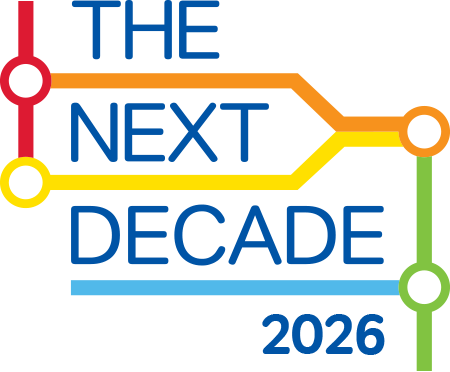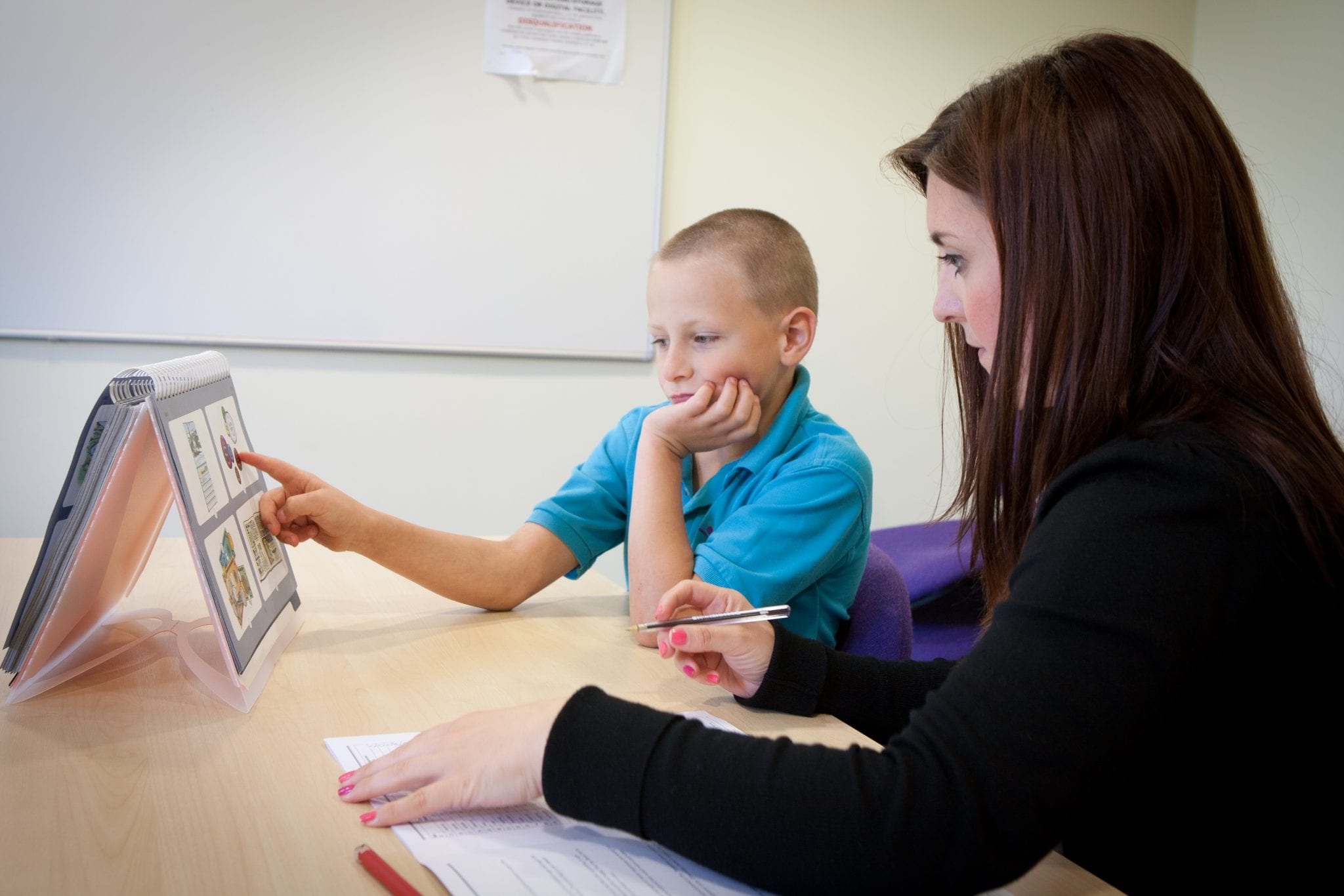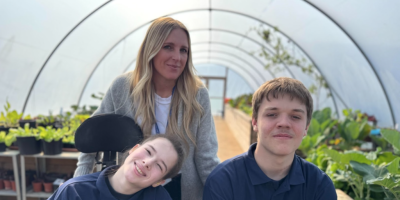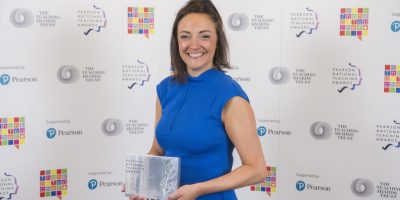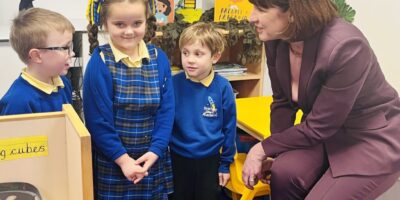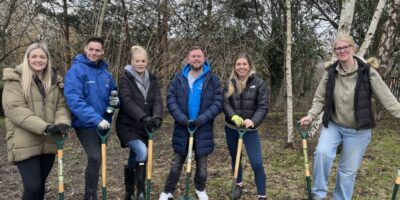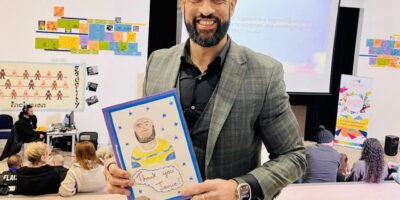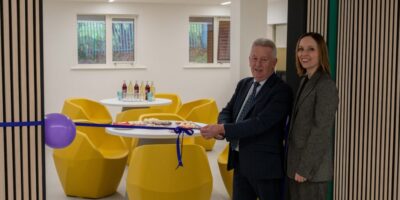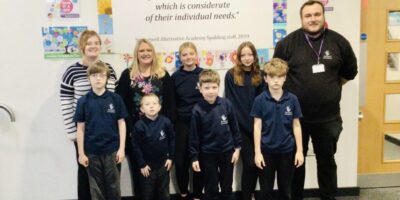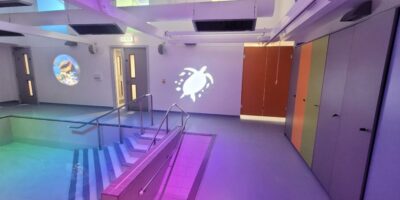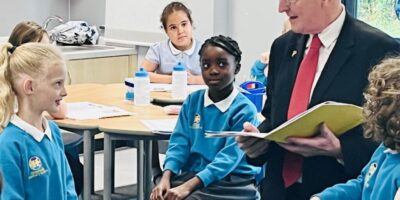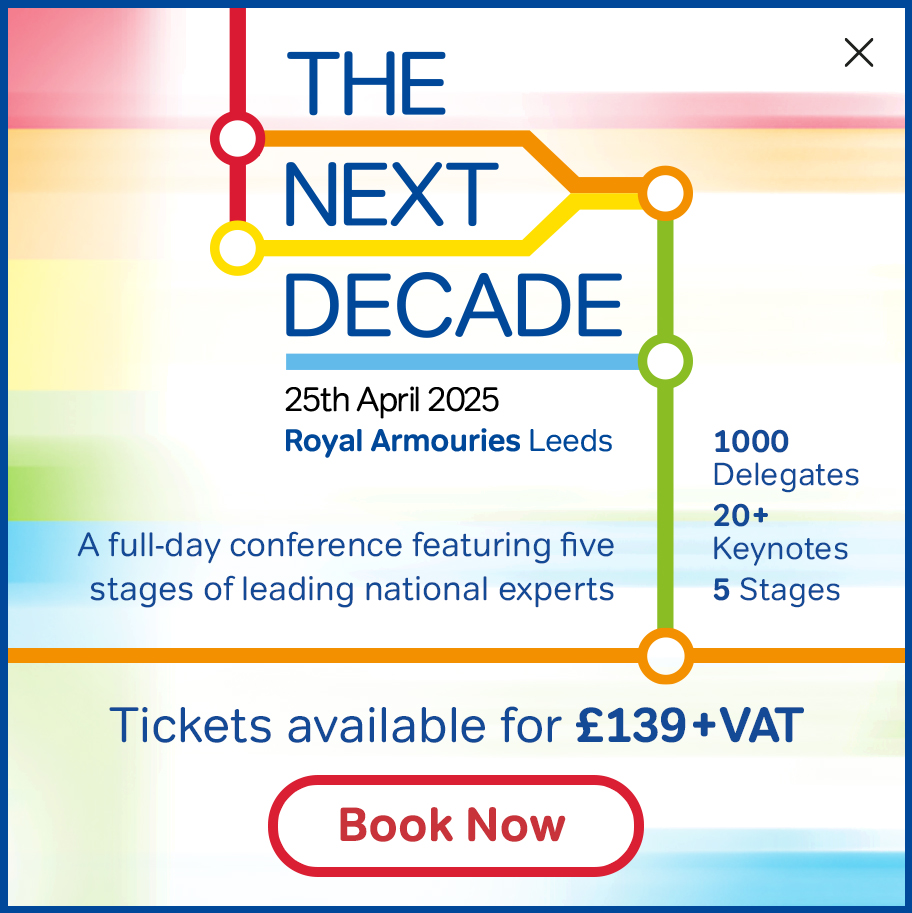I recently had the privilege of presenting at the Wellspring NQT event in Doncaster – one of my favourite events of the year. The enthusiasm and commitment of young – and young at heart – colleagues never ceases to inspire me and give me renewed hope in the teaching profession.
A lesson I have learned and try to pass on – and one that applies equally to NQTs and teachers at whatever stage of their career – is to remain curious and discipline yourself to continue to learn. This may sound like a strange and obvious comment – after all we are in the learning business. But I am often struck how little time is available to read, engage with new ideas and continue to learn … unless we commit to making it a priority.
An interesting way to think about learning is whether it is defined by the incorporation of experience and information into your existing mental model, or whether learning is the transformation and enhancement of this model. I wonder if, as we get older and more successful and comfortable in what we do, challenging and changing our ideas and beliefs, being open-minded, slowing down your thinking and decision making and being challenged becomes more difficult. Is it easier to fit information and experience into existing patterns?
The American author Edward Hess suggests there is a lot of evidence to suggest that arrogance is a huge inhibitor to learning. And arrogance often comes from success in positional authority. I only half-jokingly say to NQTs that they should never work for a Headteacher who doesn’t read. When I go to the doctors, I expect that she will have up to date knowledge of the latest treatments and diagnosis. It would be rare to find a doctor or a dentist who treated patients in the same way they did when they qualified. As a Headteacher, you should be the lead learner in that organisation. As a teacher, you should be the lead learner in that classroom.
That means finding the time and the space to engage with ideas. It means, I would suggest, reading articles and books that wobble your thinking too. An example of this is ‘Blueprint’ by Robert Plomin. There are few areas of science more fiercely contested than the issue of what makes us who we are. Are we products of our environments or the embodiment of our genes? Is nature the governing force behind our behaviour or is it nurture? While almost everyone agrees that it’s a mixture of both, there has been no end of disagreement about which is the dominant influence. Are inequalities explained by inherent differences or by social conditions? Controversial ideas with obvious and interesting consequences for education. The importance of heritability, of environmental factors and the science behind assumptions and what it means now we are able to modify genes are all discussed. A fascinating book, full of science I wouldn’t normally engage with and an example of reaching beyond the boundaries of my everyday thinking.
We model the behaviours we seek from our colleagues and our students. I hope these monthly blog posts will be an opportunity for me to share what has made me think, wobble my thinking and create curiosity.
